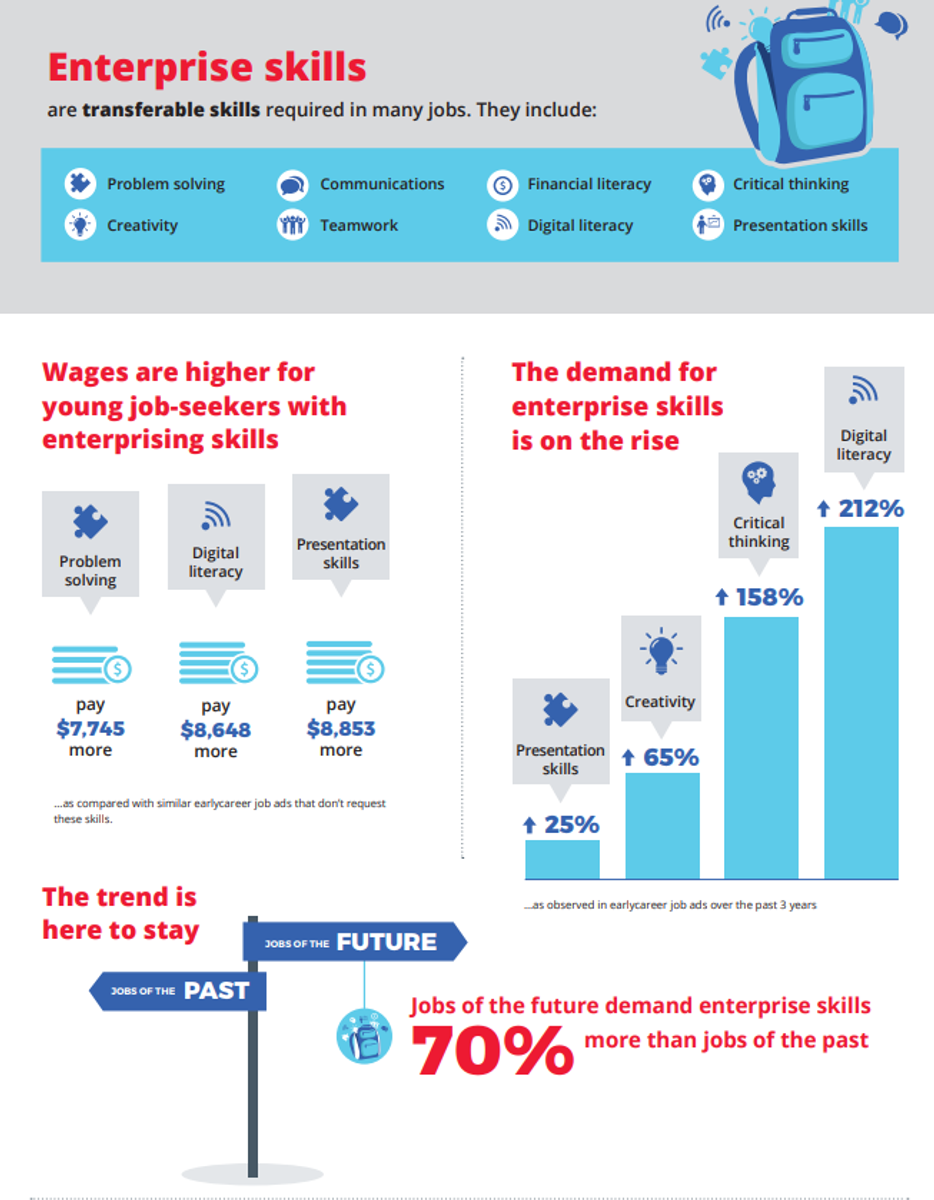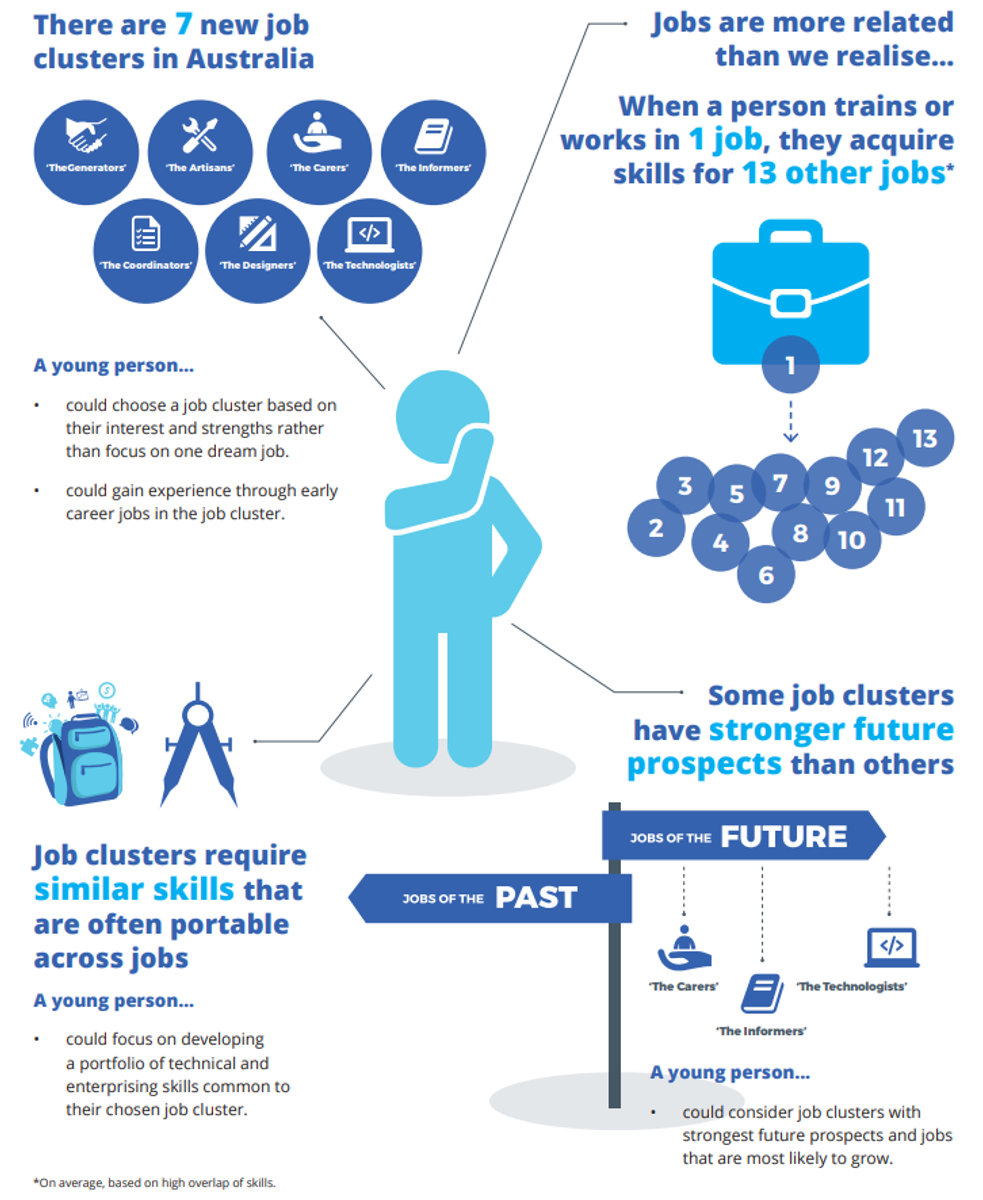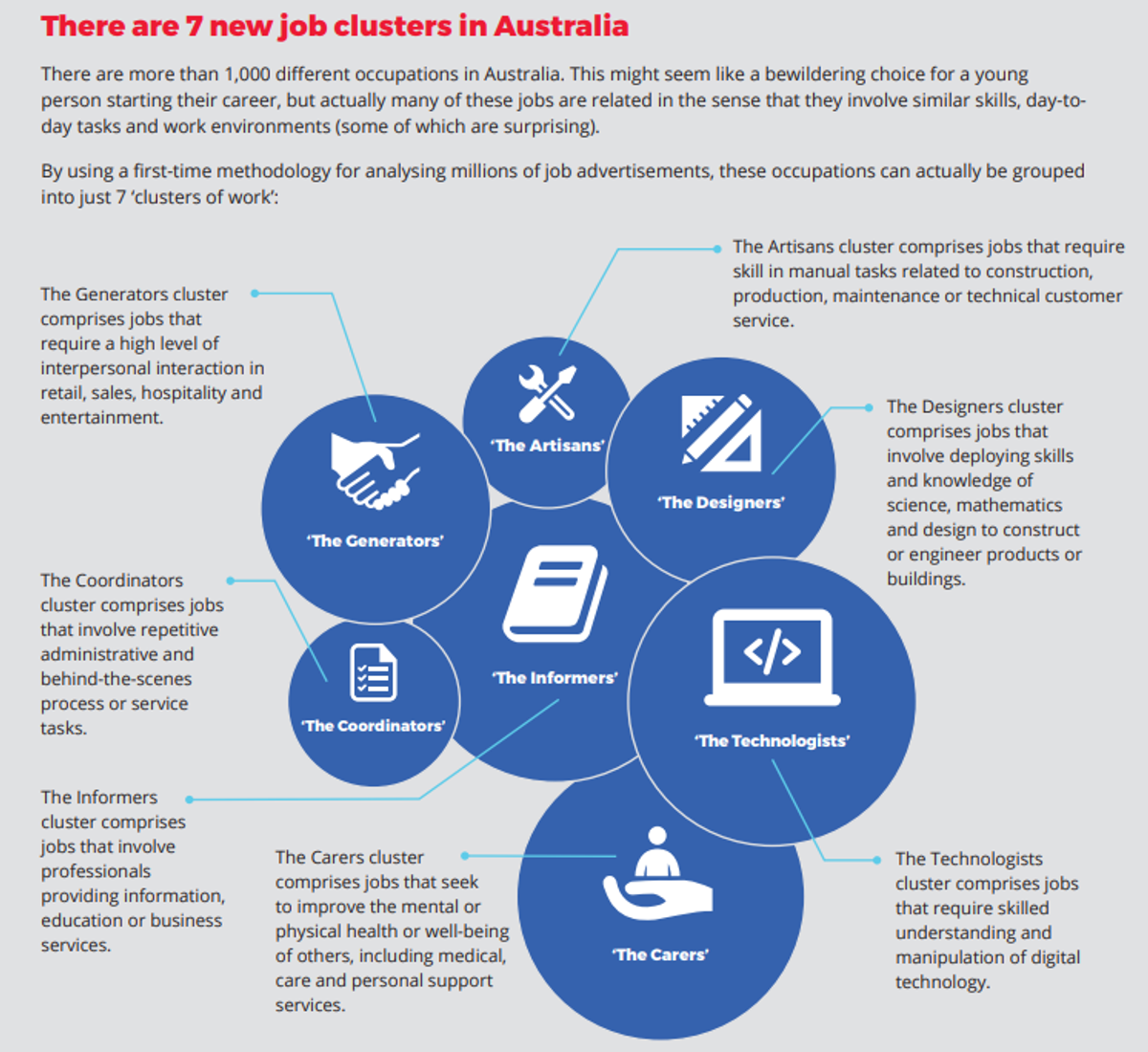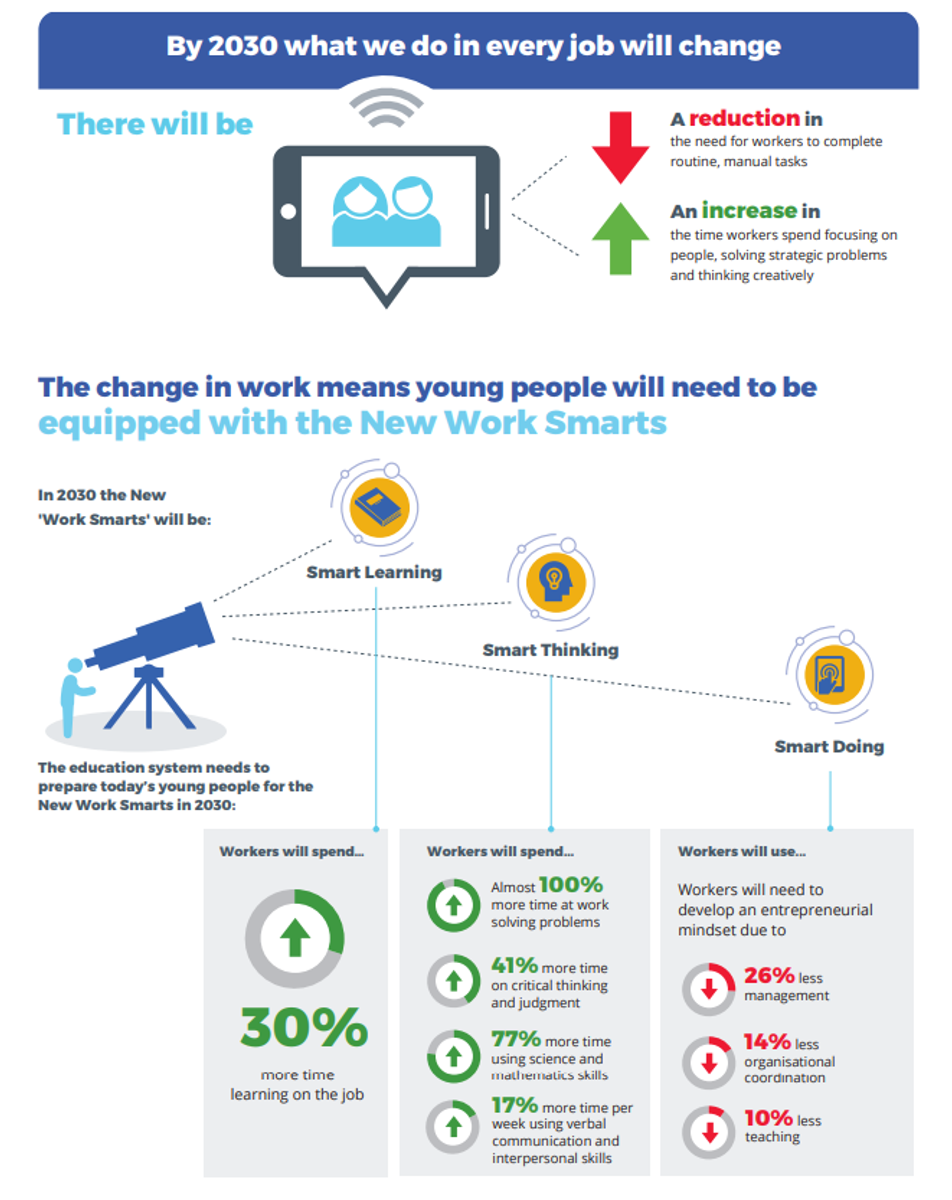From the Principal
Sue Harrap and Katie Archibald with students on Rainbow Day

From the Principal
Sue Harrap and Katie Archibald with students on Rainbow Day
As we draw closer to the end of this semester, and the beginning of Term 3, we will soon start the work of partnering with our Years 8-11 students and parents to understand and investigate the curriculum and programs on offer for next year. Together in Term 3 we will explore the options students have to choose courses that meet their needs and interests, and set them up with the opportunities to develop the skills required for success for the remainder of secondary schooling, and throughout the remainder of their lives.
I thought I would take some time to outline why our curriculum is structured the way it is, and to provide an example of it in action.
Families will be well aware that we have based our Northcote Model structure and curriculum on research, including the work by the Foundation for Young Australians (FYA). In the FYA major research piece, The New Basics, they explored the transferable skills sought after by employers, and the growth areas of all industries. In an age where knowledge is at our finger tips, the demands of memorisation and skill and drill are no longer as relevant as they were when I was a child. It is now more necessary to view the world through a critical lens that evaluates the socio-political and historical context of the information we have so readily available. In this world of rapid change, globalisation and population growth, it is our capacity to find innovative solutions to the challenges we face that will be in highest demand.
Last week half of the Year 9s used the city landscape as their classroom as they worked to complete the major research components of their compulsory English elective, City School. This unit allows students to explore, whilst working as a member of a team, a social issue which is affecting contemporary Melbourne. The Year 9s undertook research to explore different perspectives on an issue of their choice, such as homelessness, they collected primary data and then made recommendations for a solution. They have learnt how to identify the issues affecting our society, and how to formulate a position in relation to a social issue. They have learnt about the relevance and appropriateness of types of data and evidence, and how to use evidence to justify their position. They have learnt to work collaboratively, to assign responsibilities and to work effectively as part of a team, as well as how to evaluate proposed solutions to a social issue, and how to structure and present their findings to an audience. Critical and creative thinking is at the core of this unit. Alongside each of these valuable skills and attributes and in a meaningful context that students have control over, they have further developed the skills relevant to the English curriculum, including: text analysis, writing, and speaking and listening skills.
This is one example of our curriculum and how it is meeting the needs of our young people, now and into the future.
Throughout the first half of this year we have reviewed and refined the Northcote Model in light of feedback from staff, students, families and critical friends in the tertiary sector, so that it better meets the objectives set out for it. We will soon be outlining the process for selecting subjects for 2019.
Students in Year 8 through to Year 11 will be:








I encourage both parents and students to read some of the body of research on offer at the FYA website.
I have snipped some images to prompt your curiosity. It is both accessible and compelling. The links are provided here:
Throughout this edition, I encourage you to read more about the celebrations and successes that have happened over the last fortnight, including: Cross Country, Work Experience and Rainbow Day.
Over the coming fortnight we have a range of enrichment activities on offer for students:
Sue Harrap